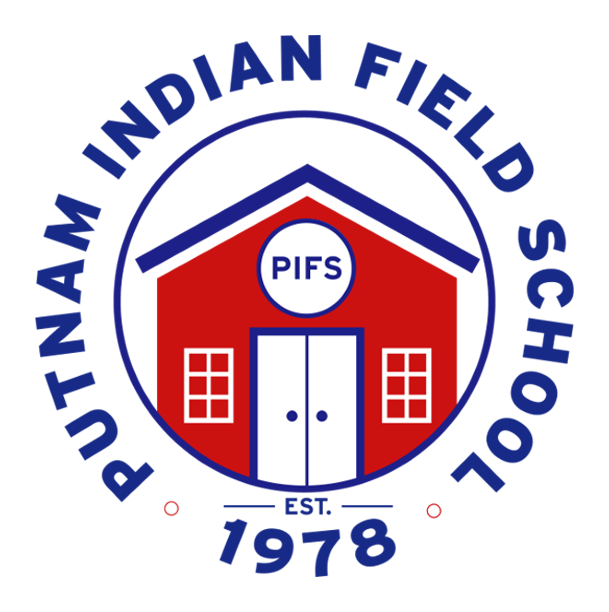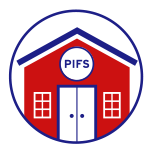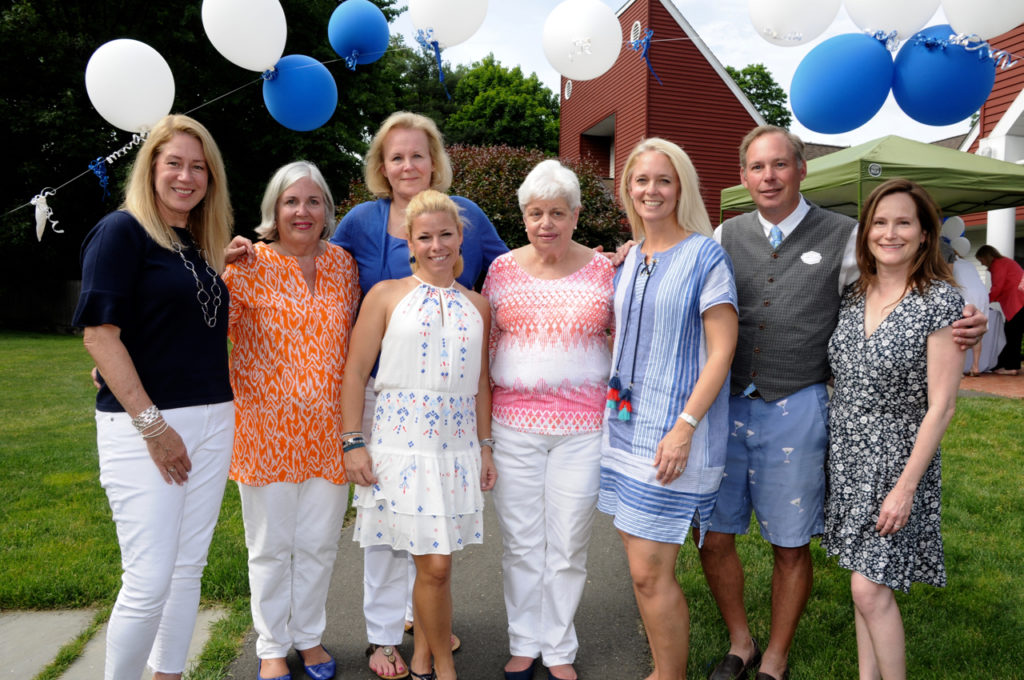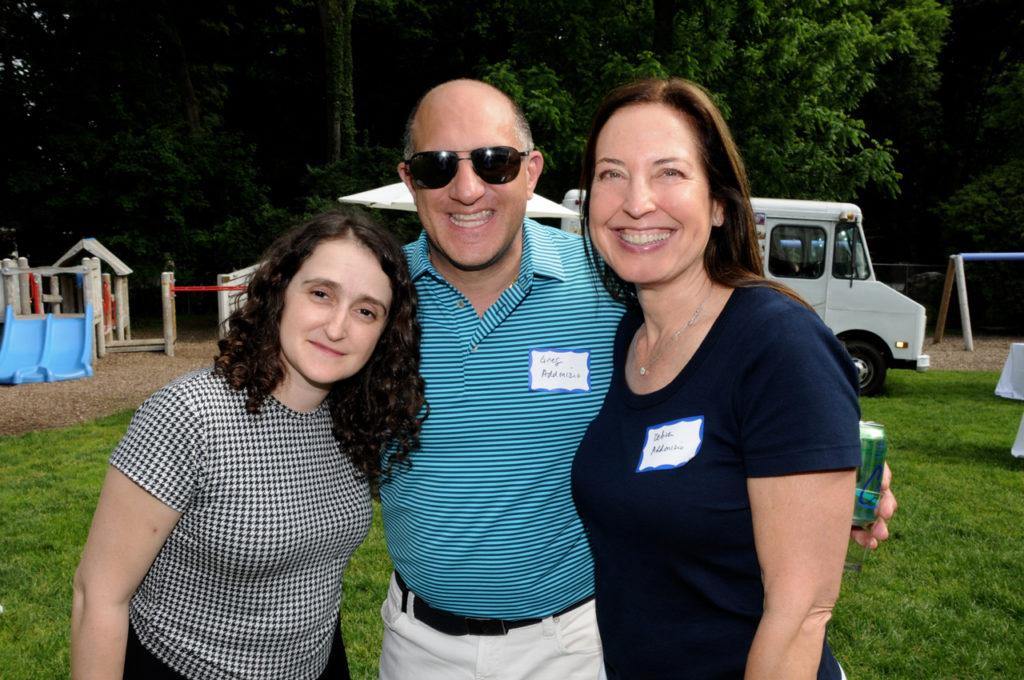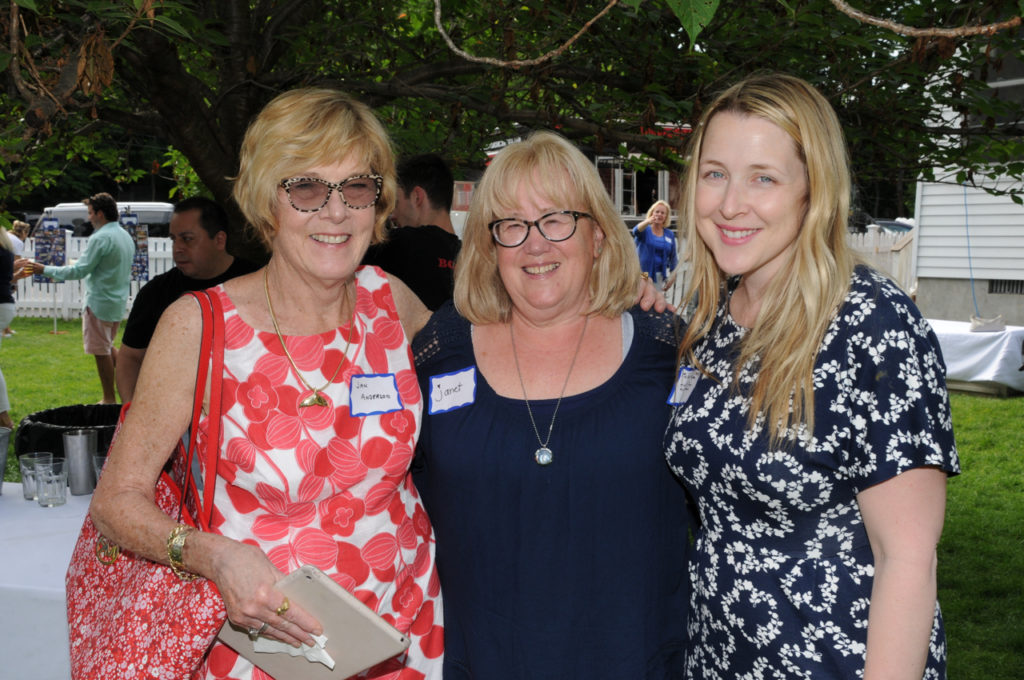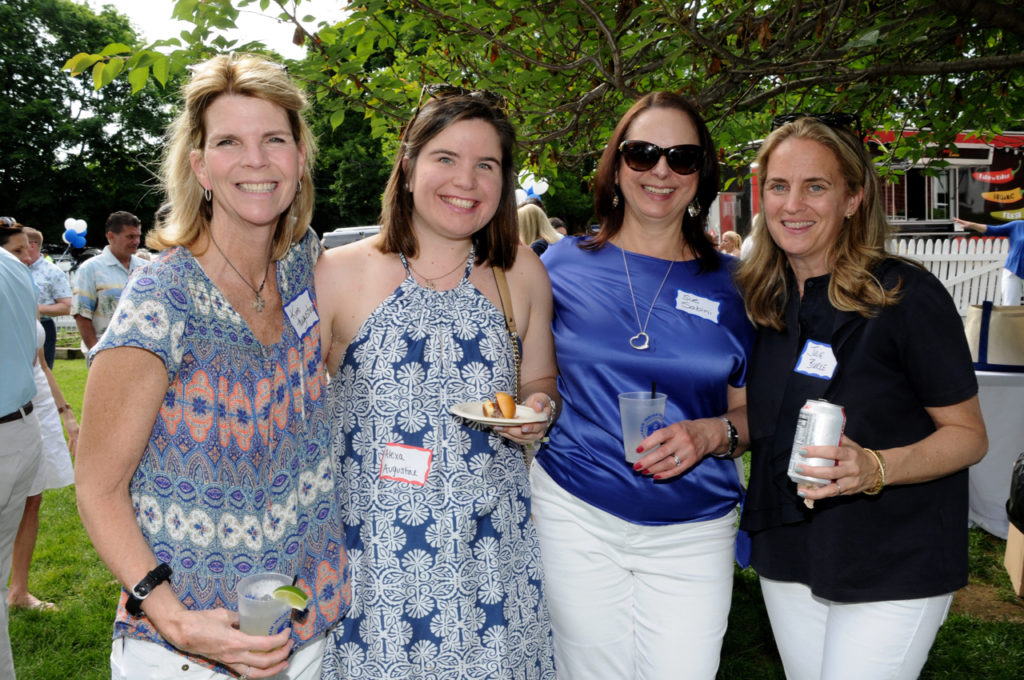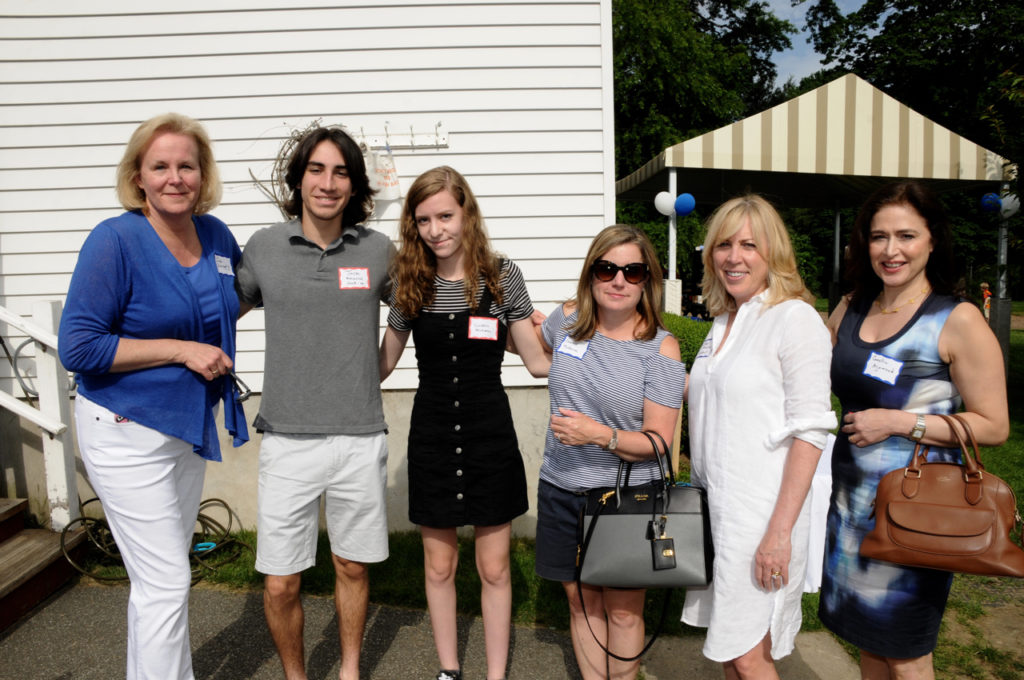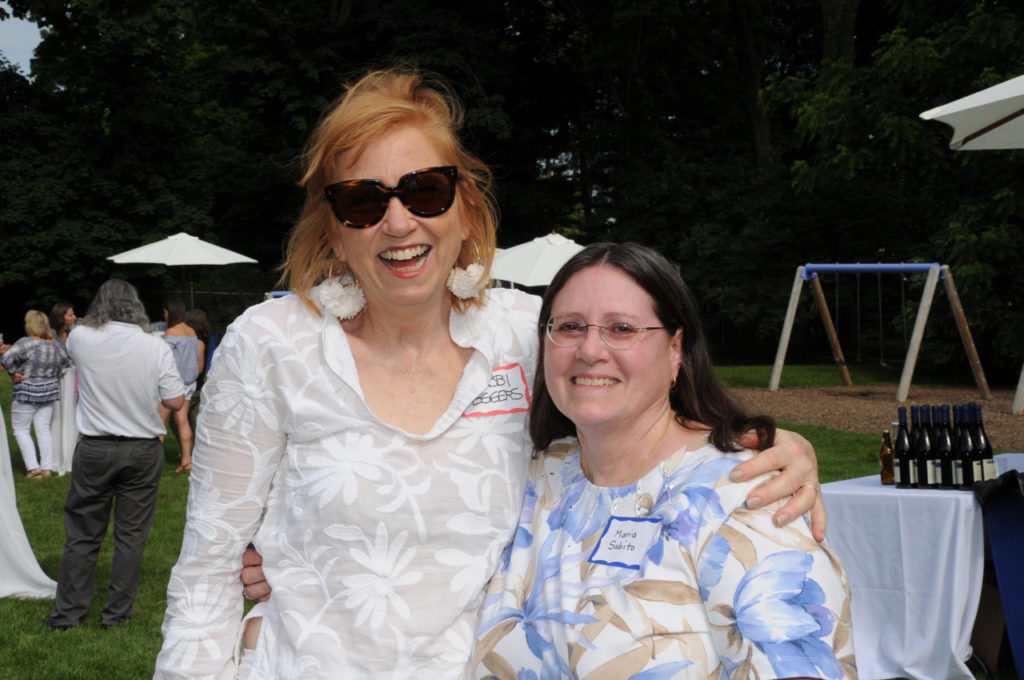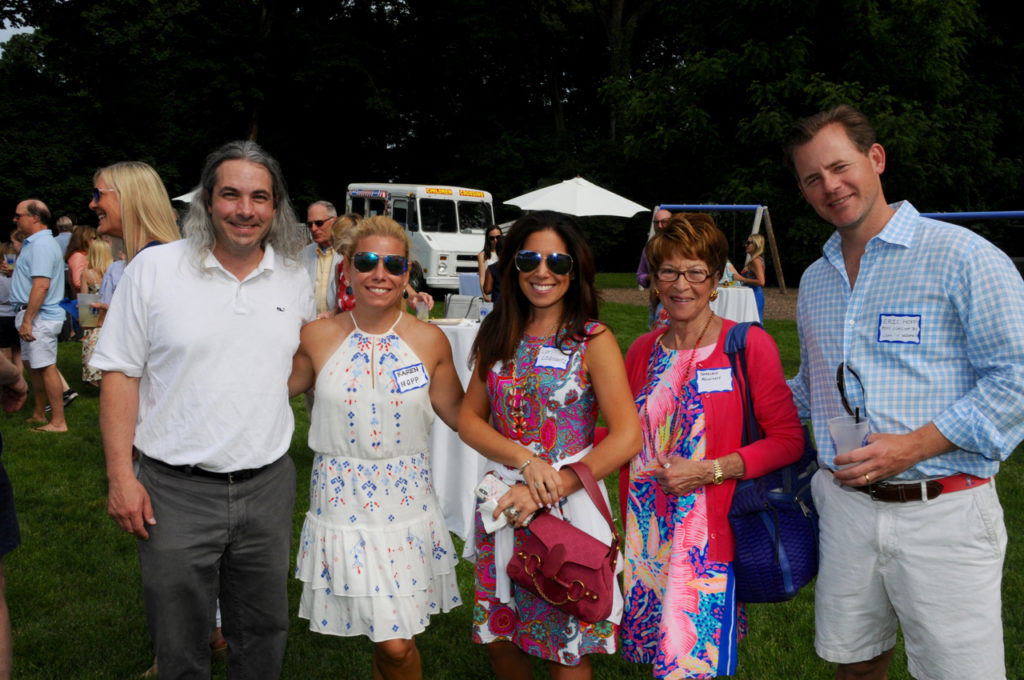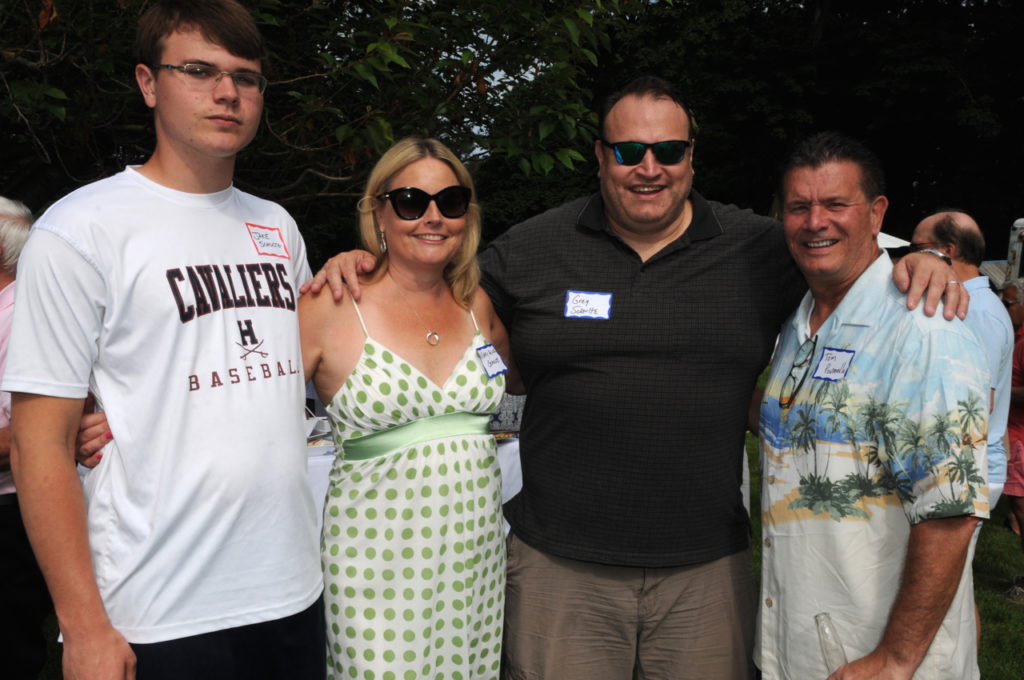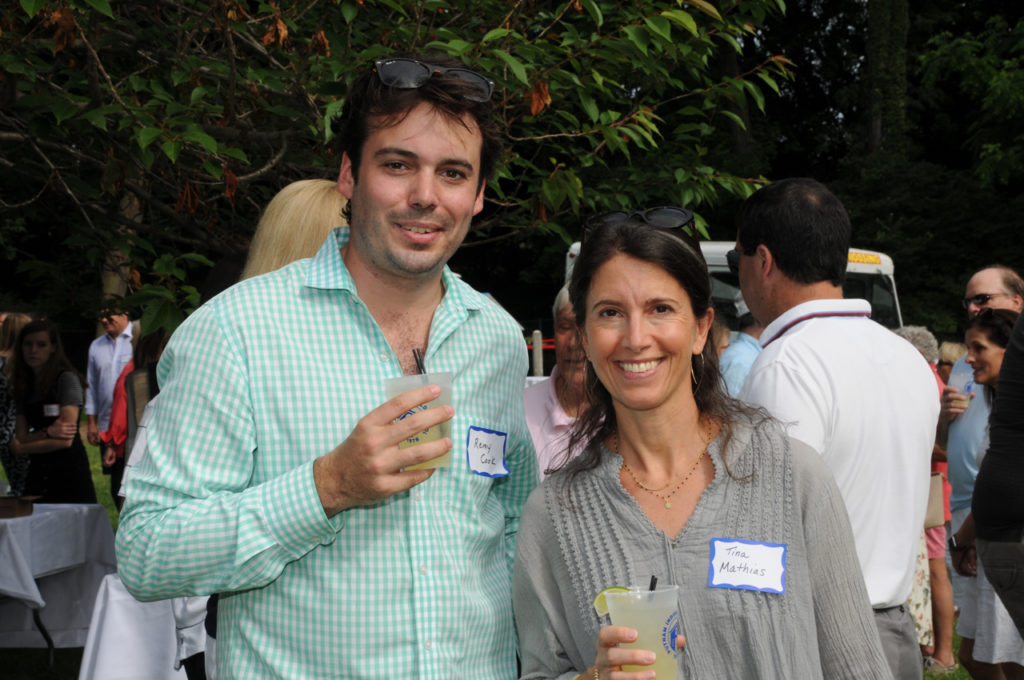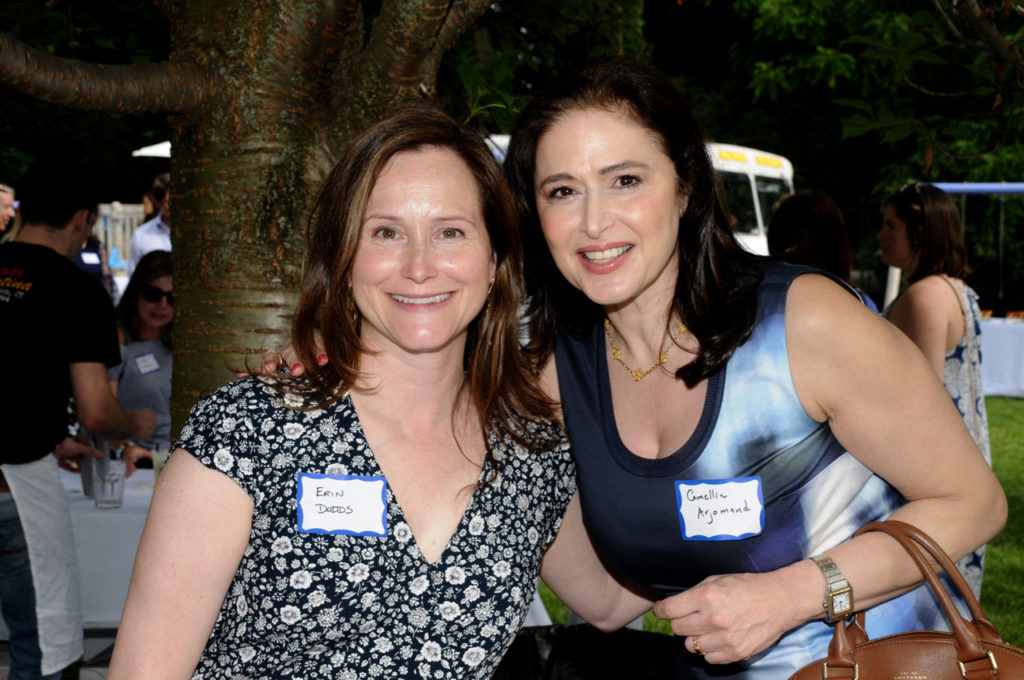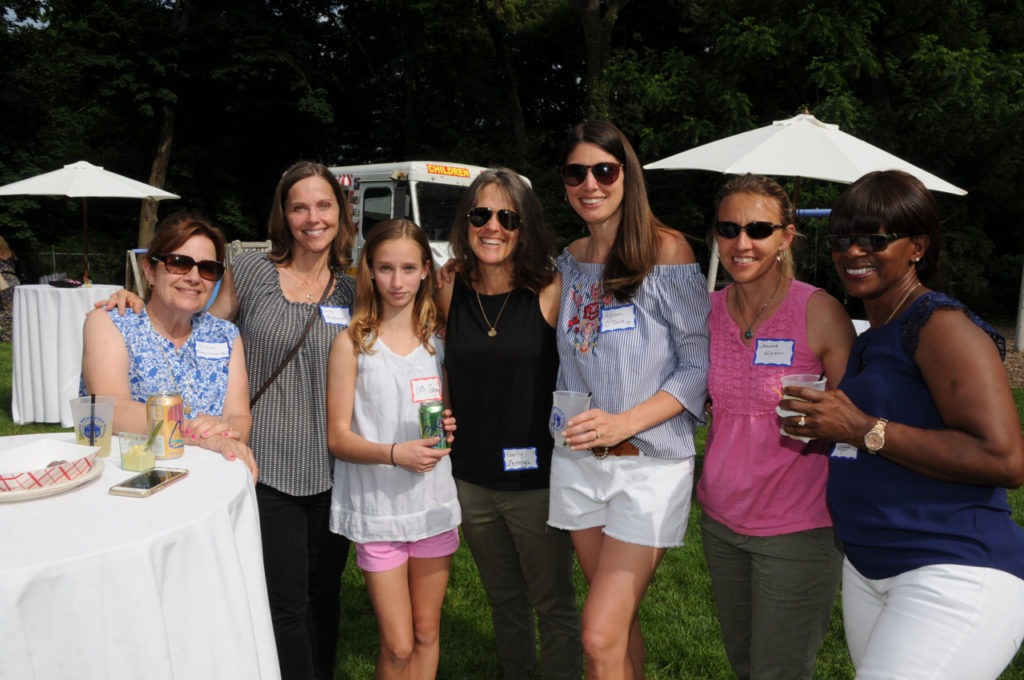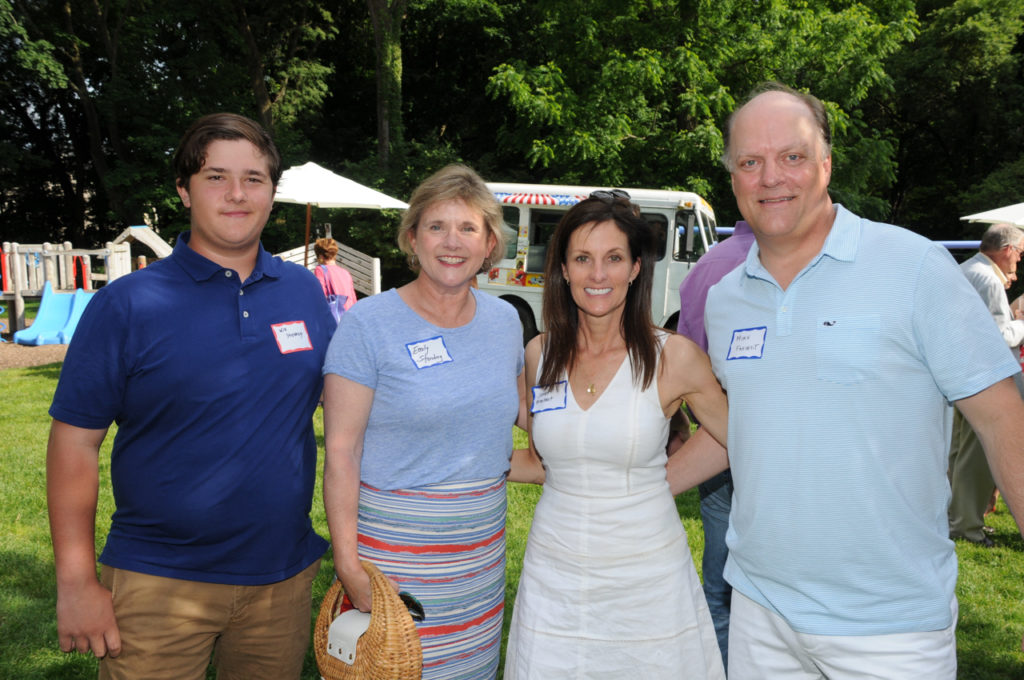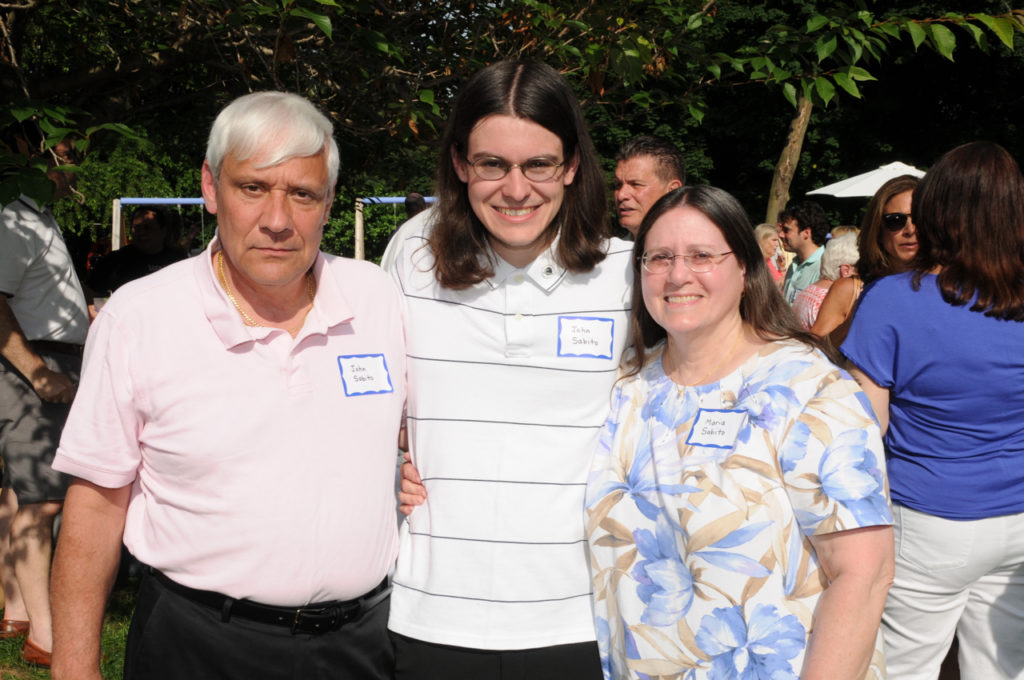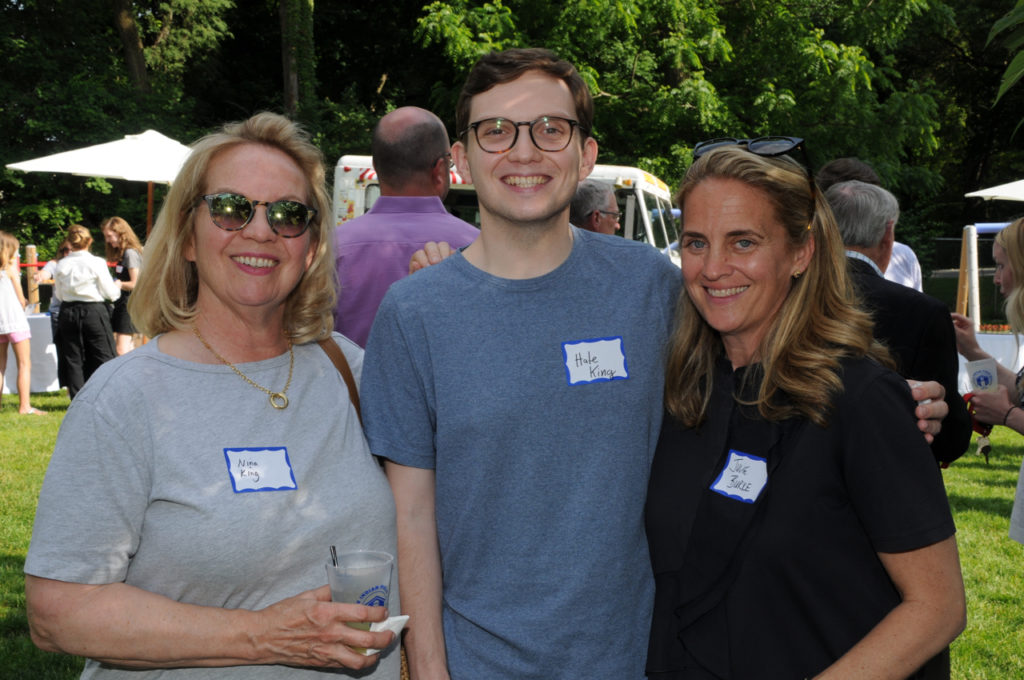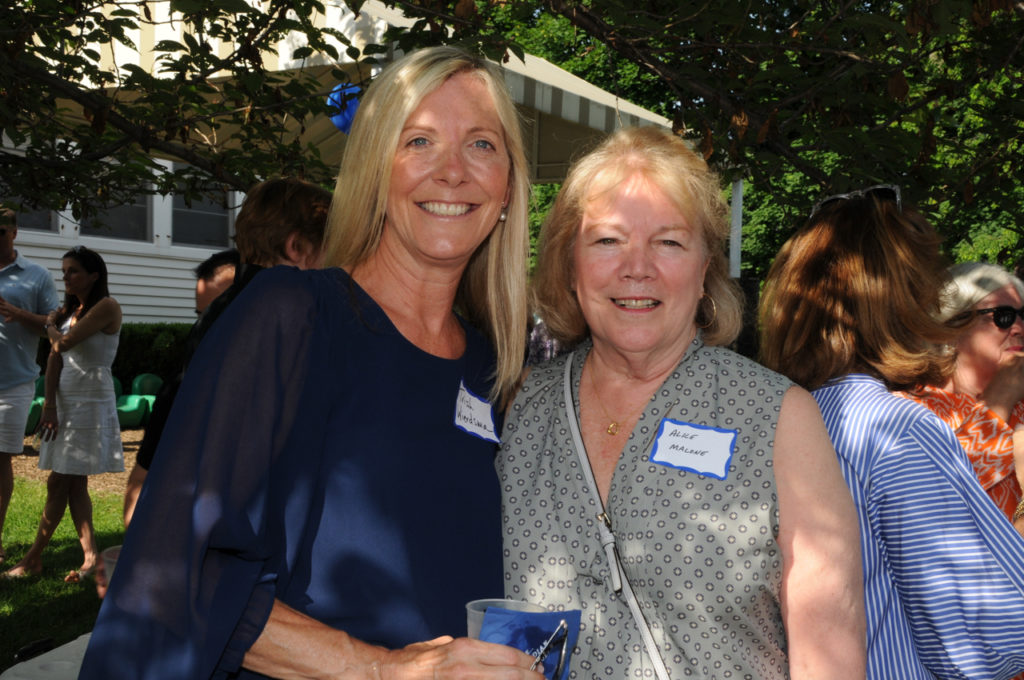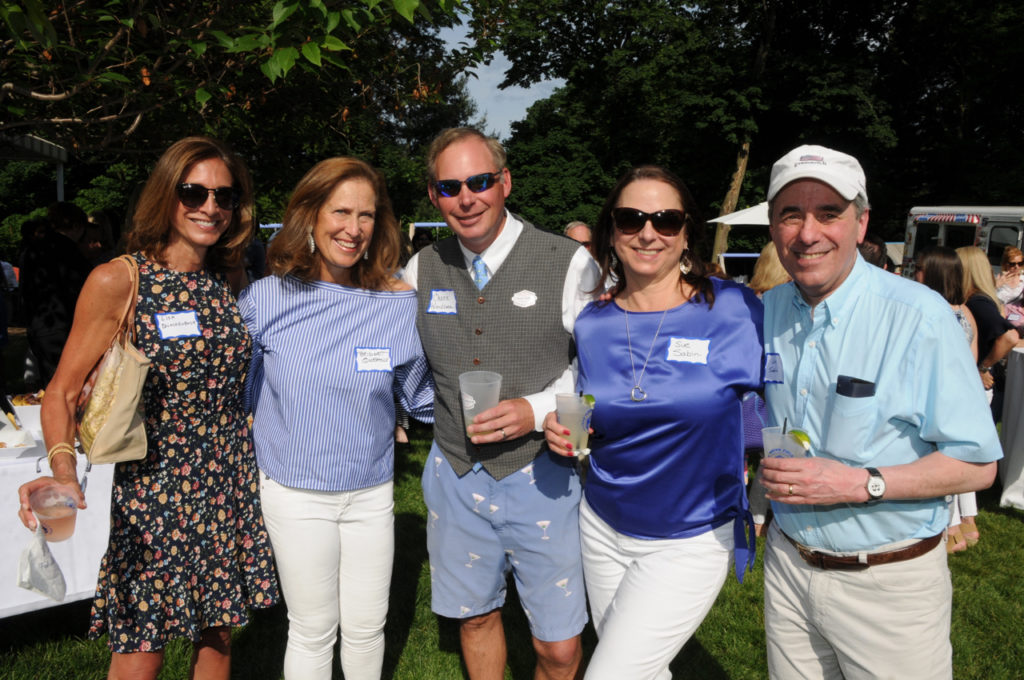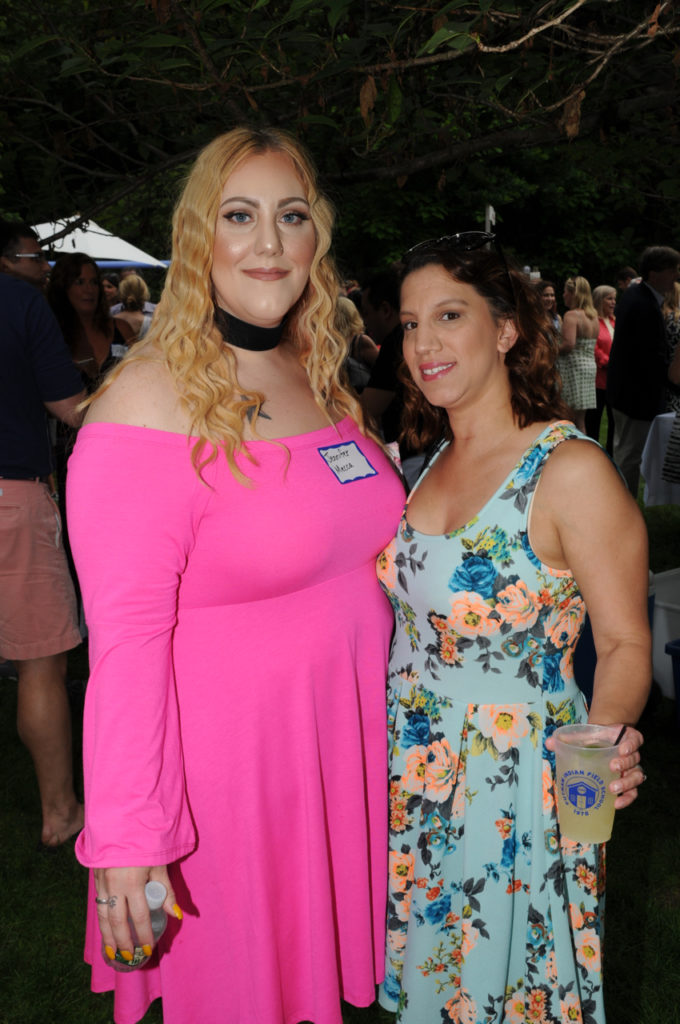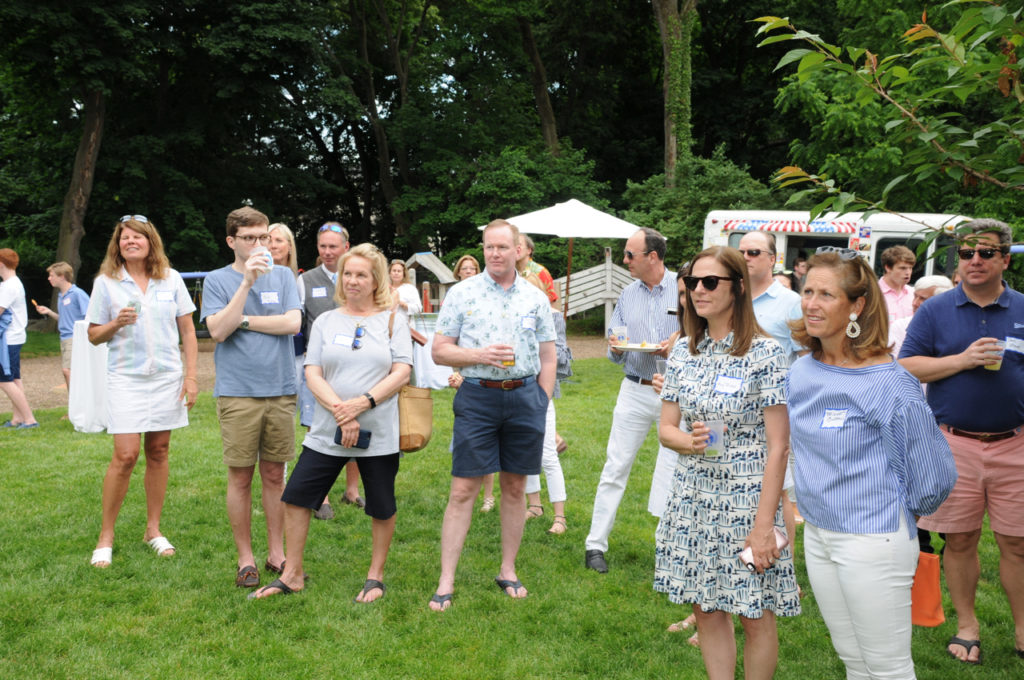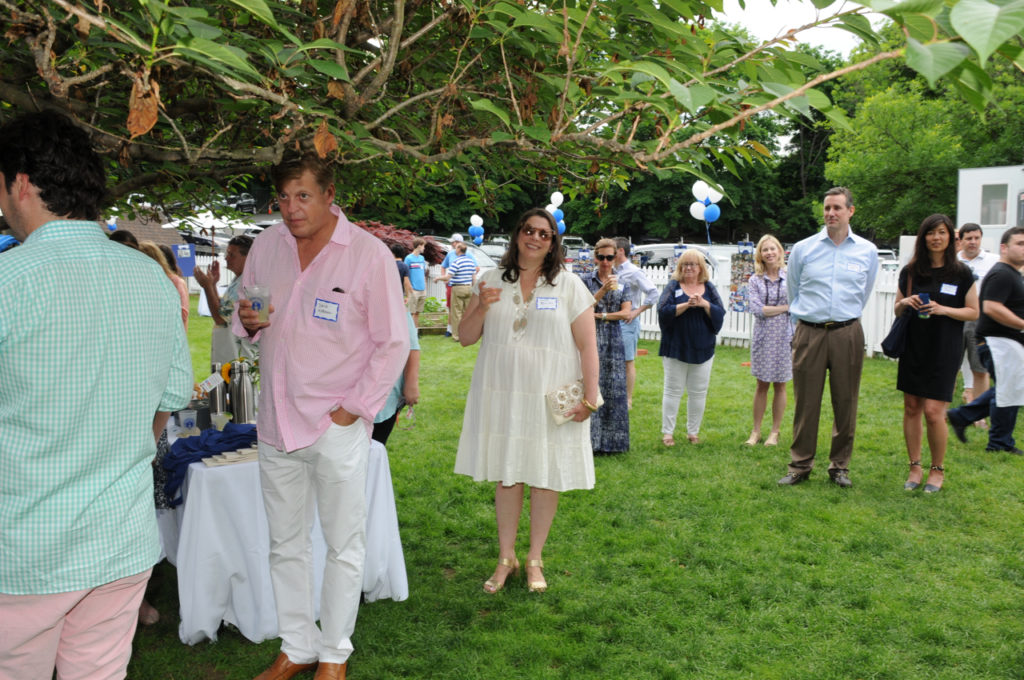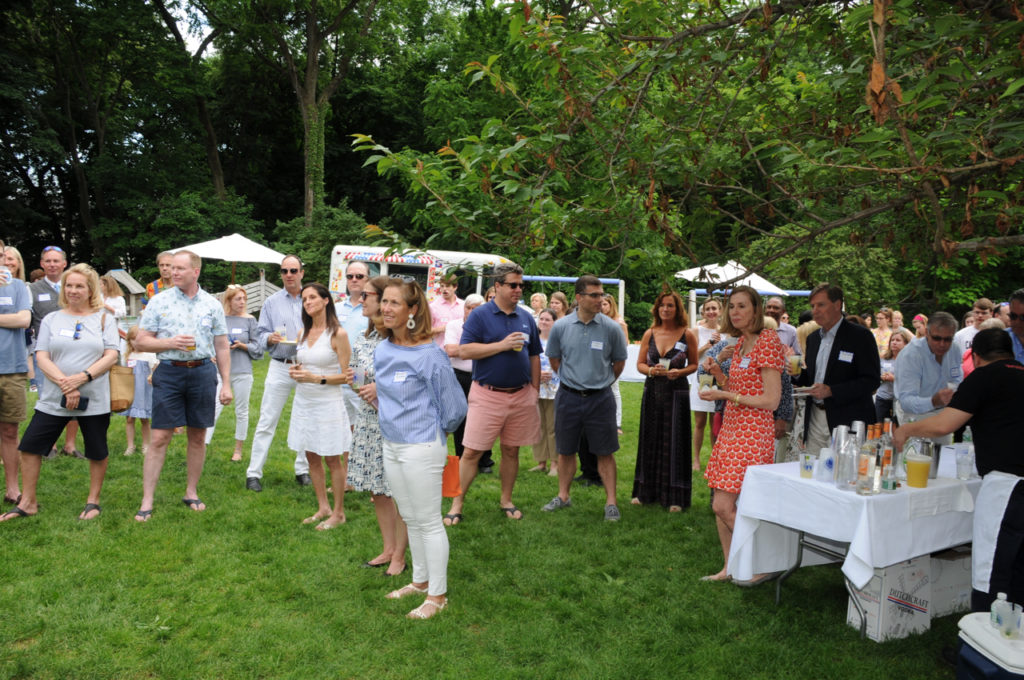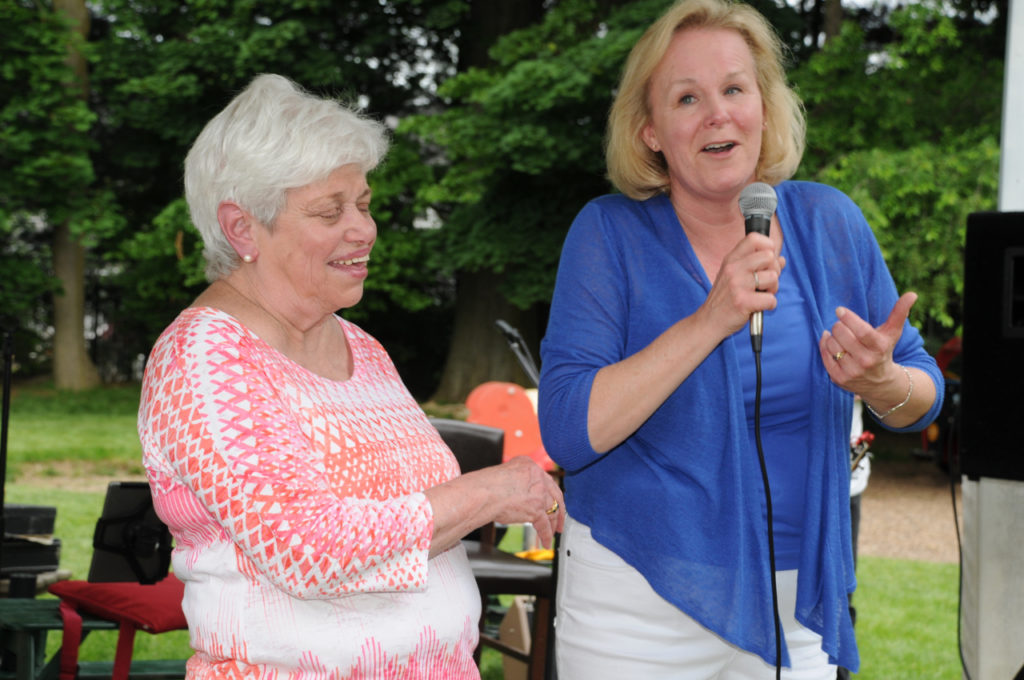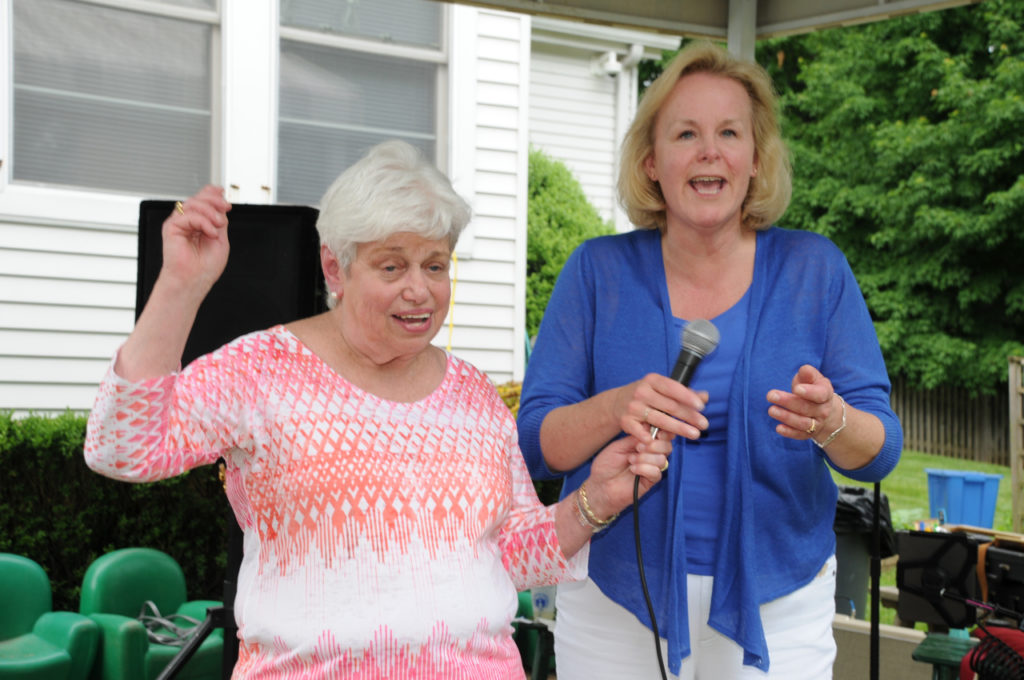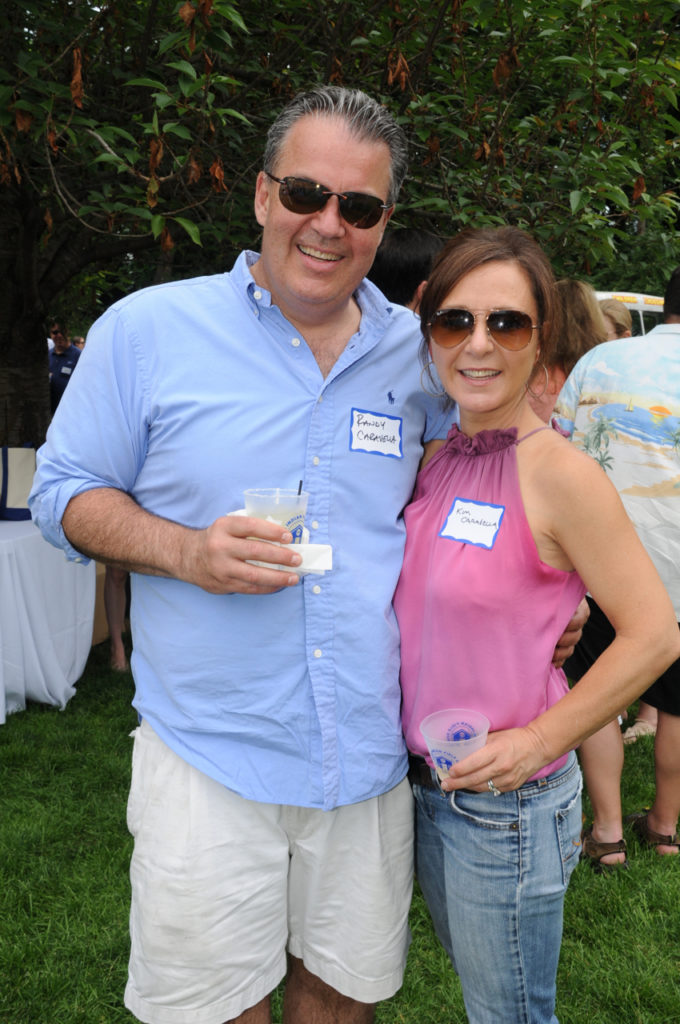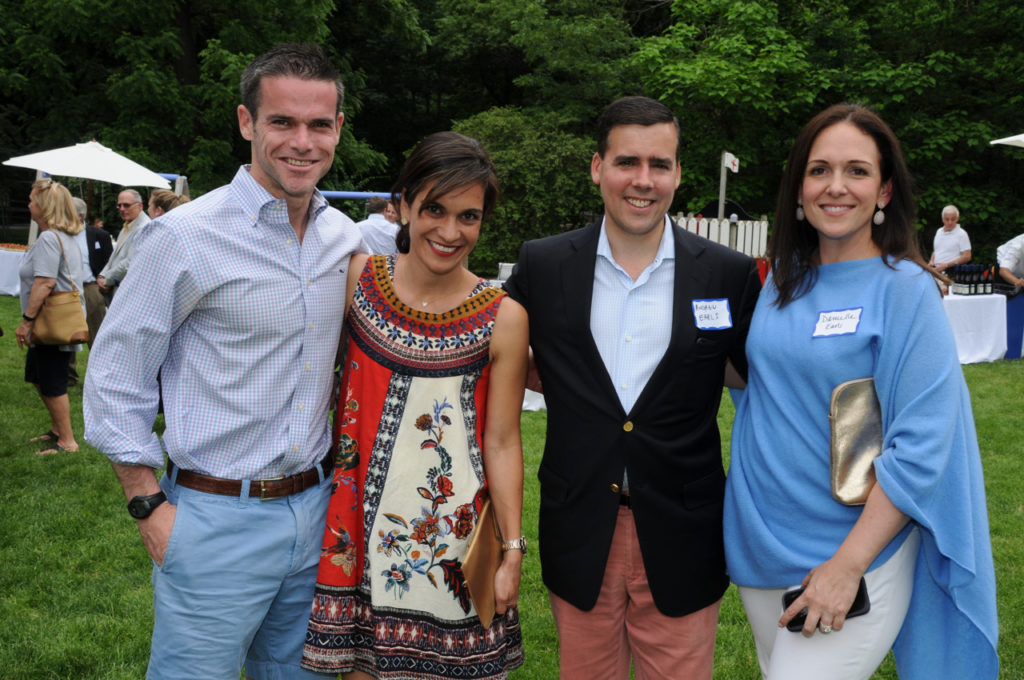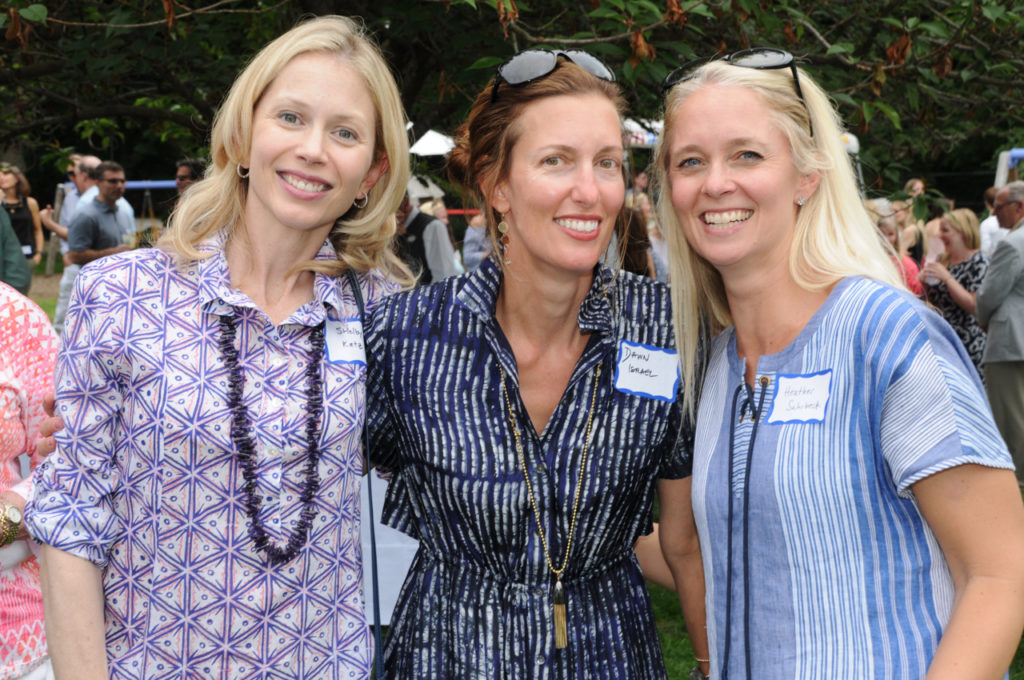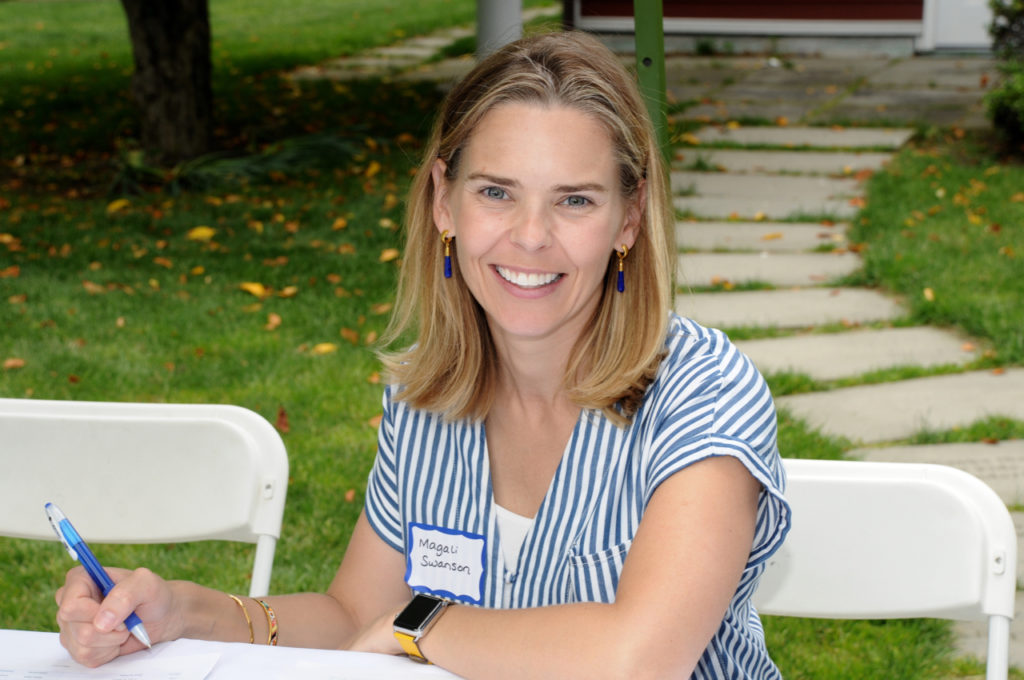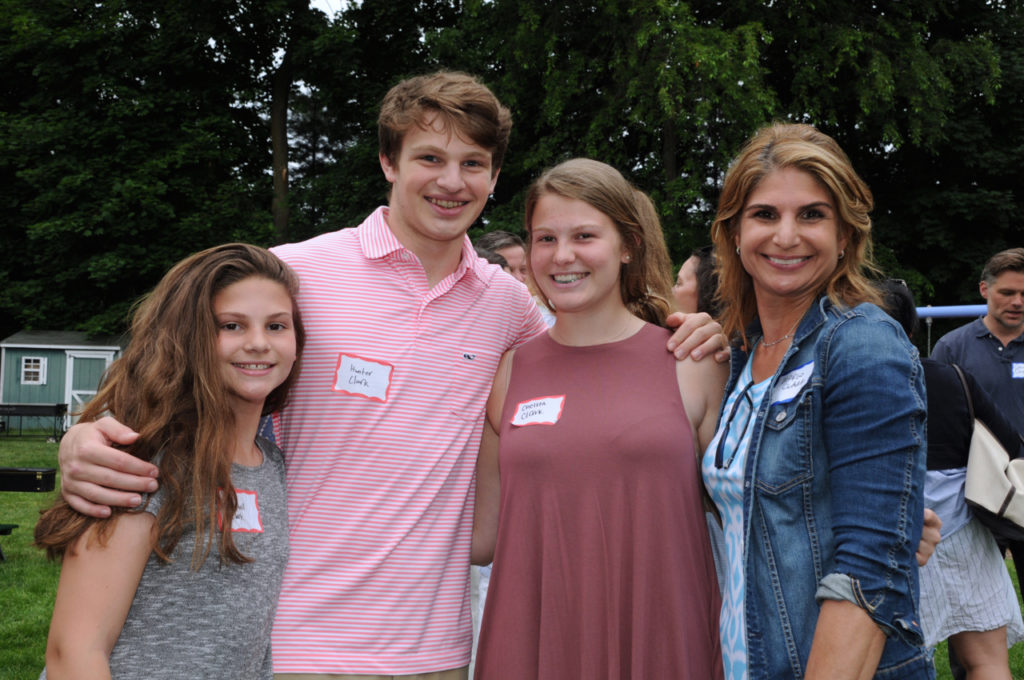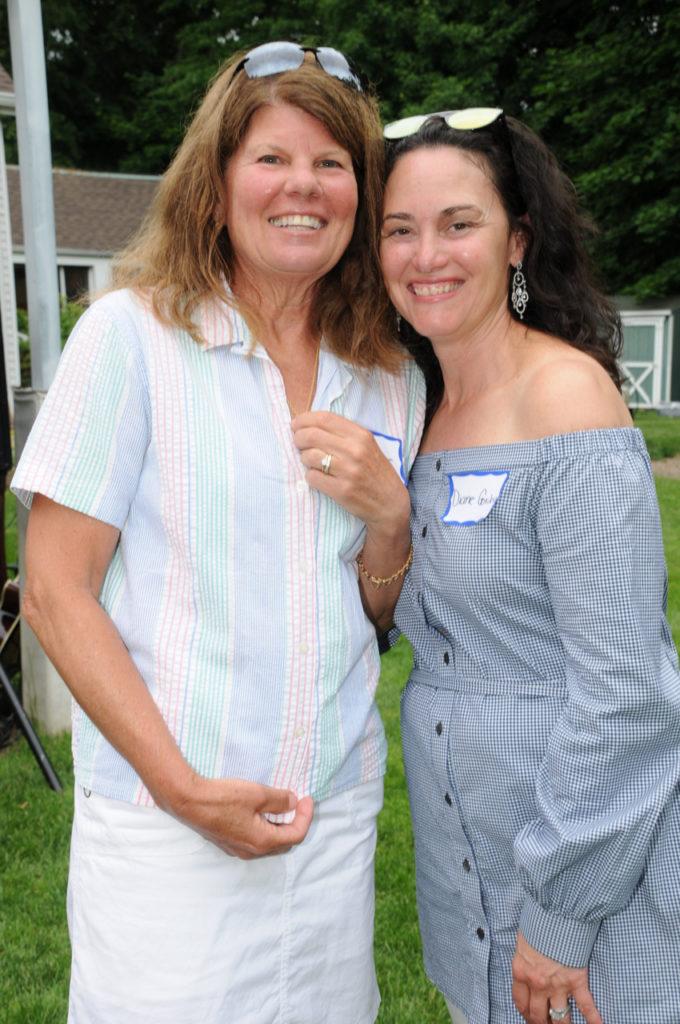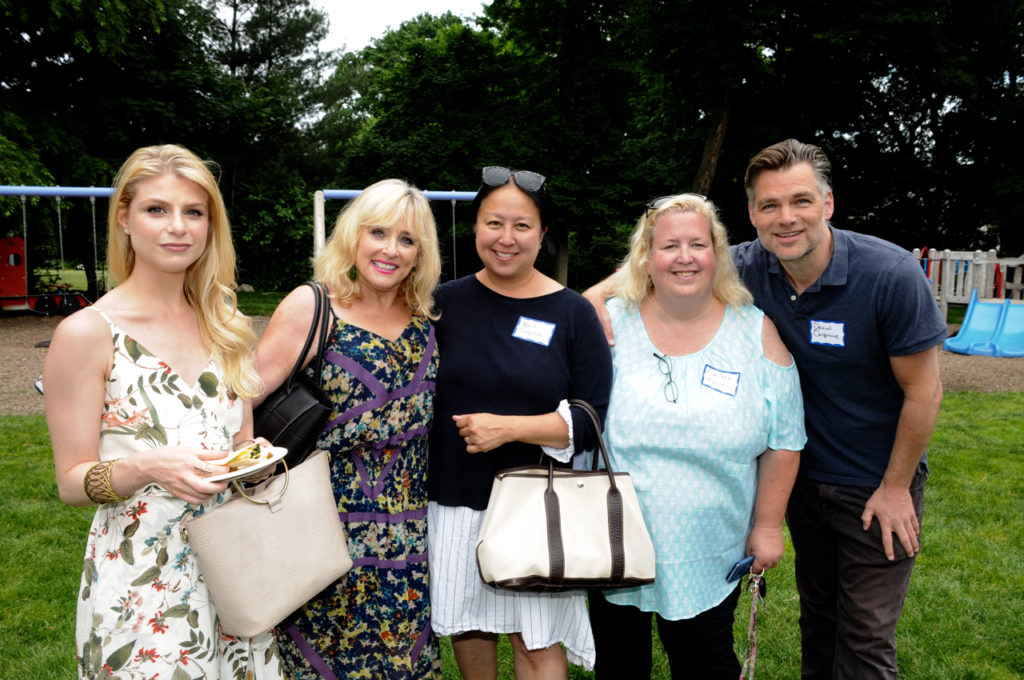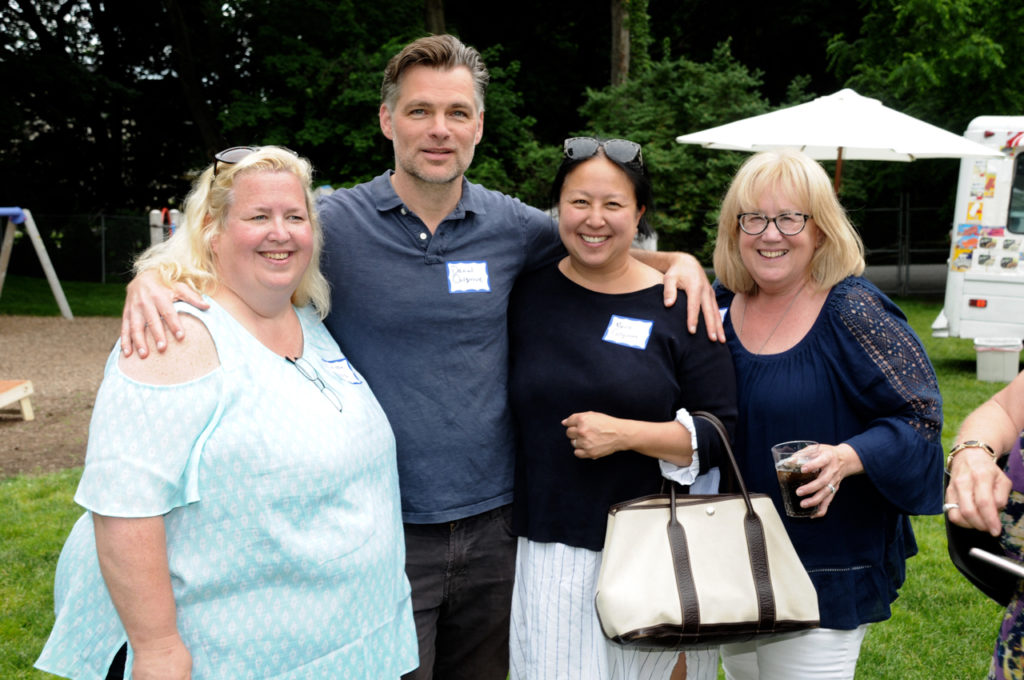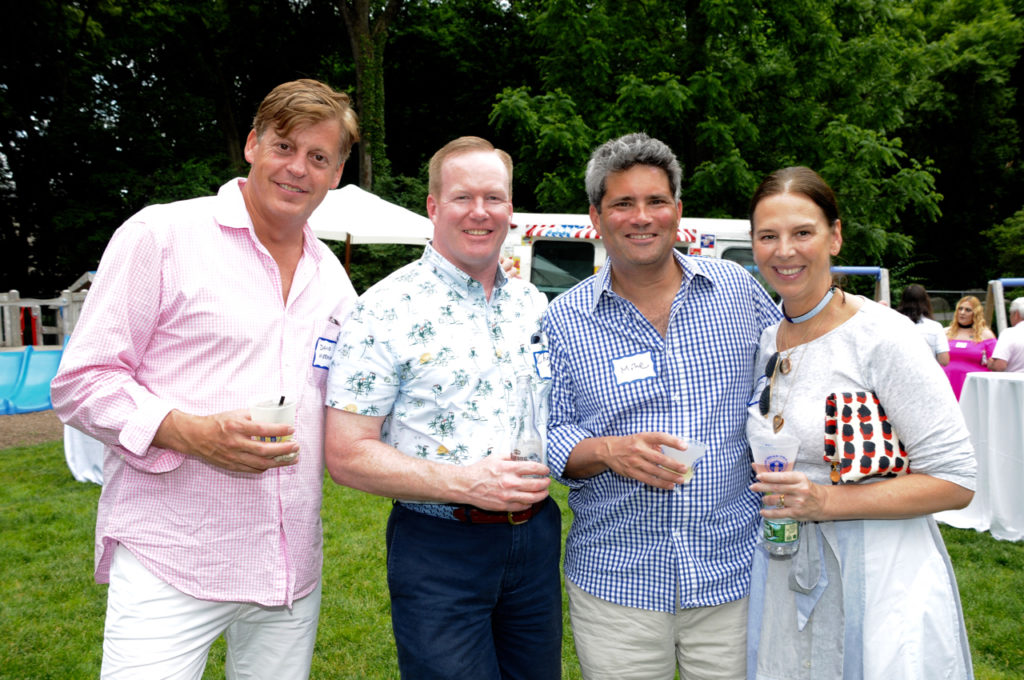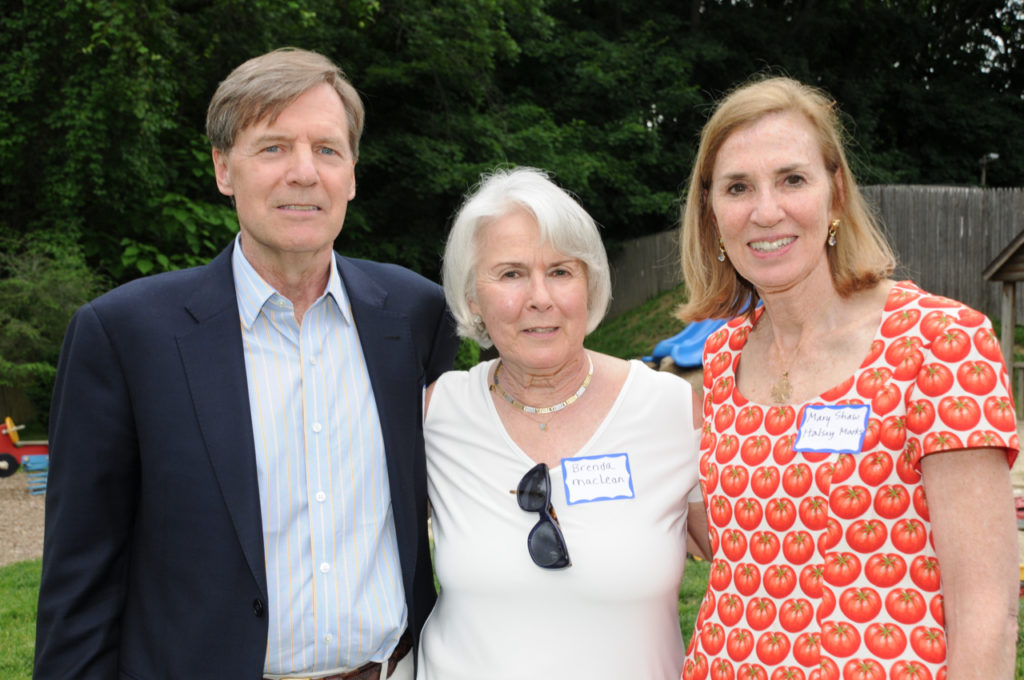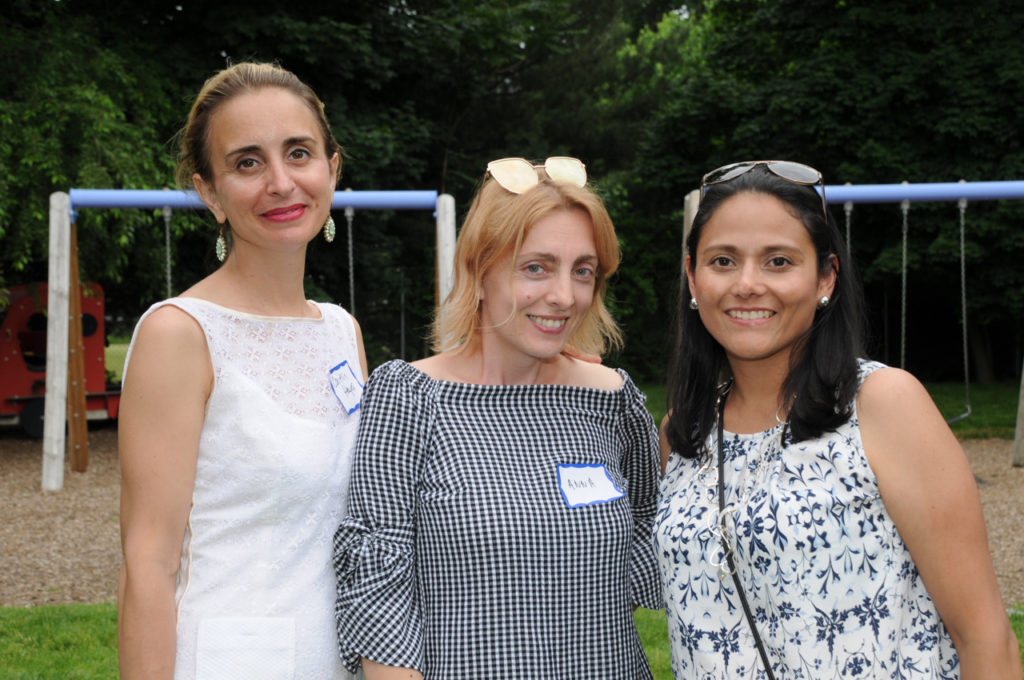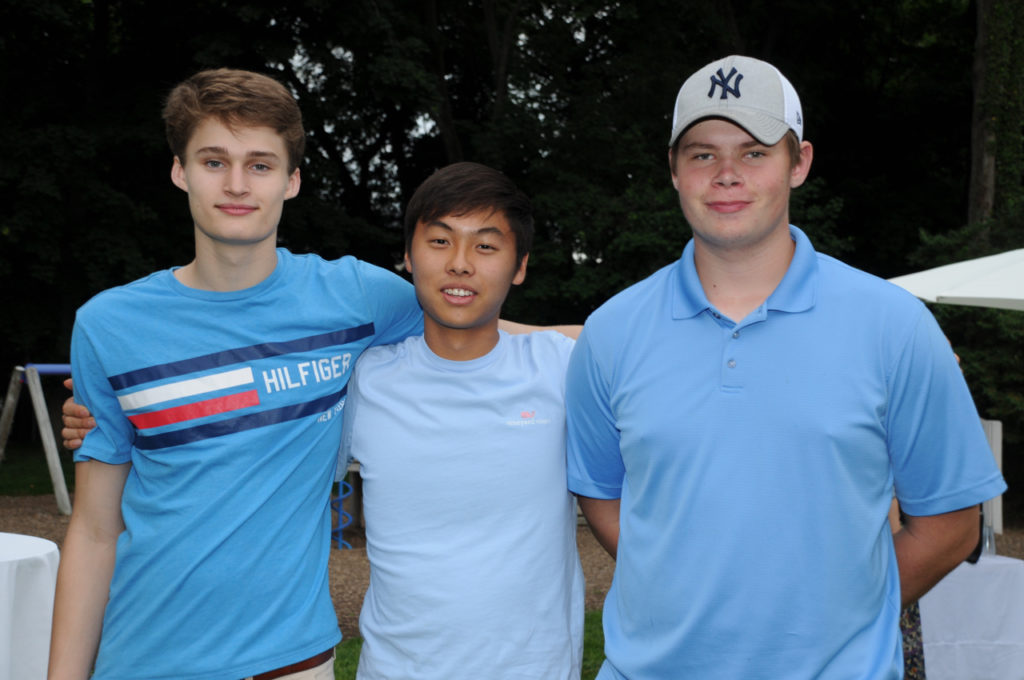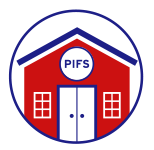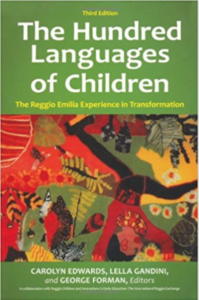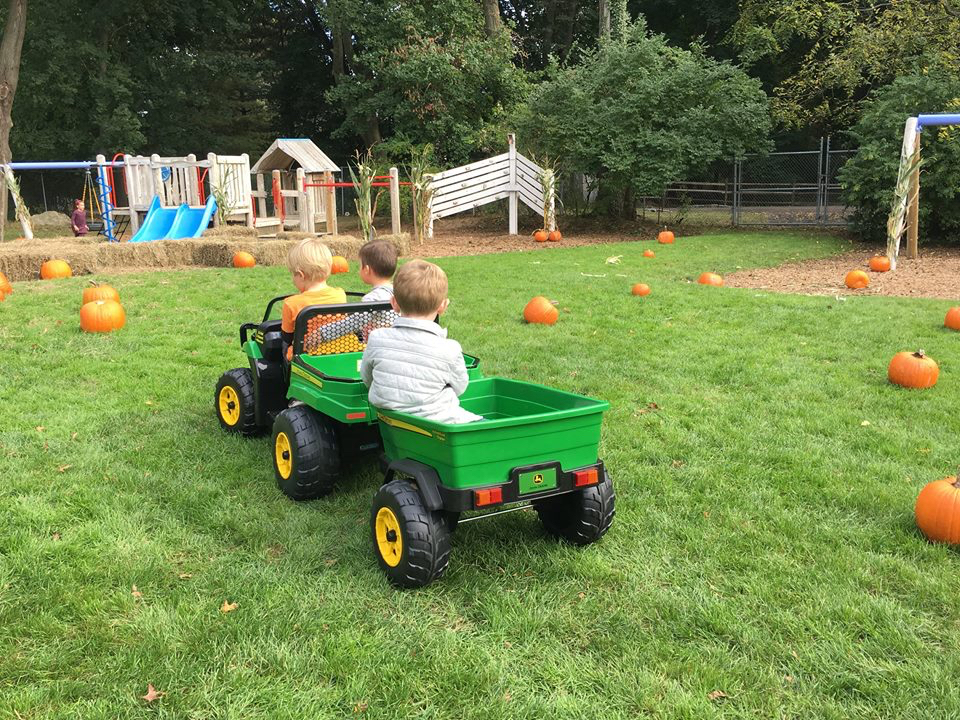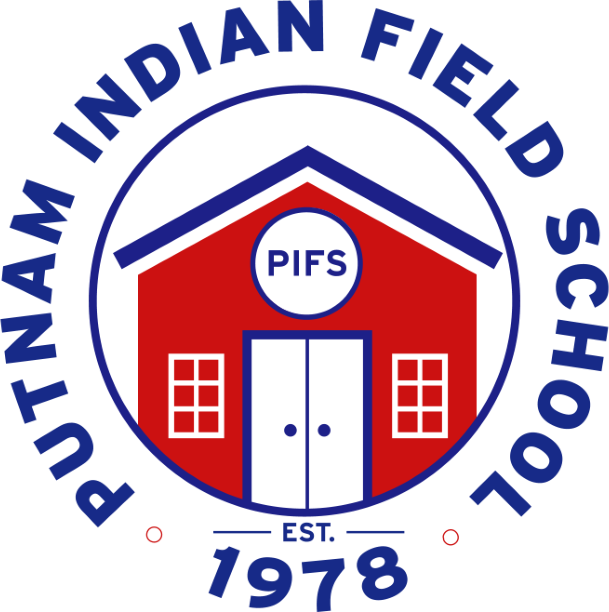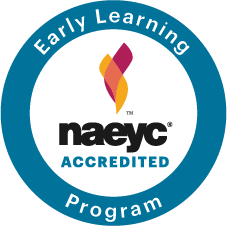Over the past several years STEM learning (science, technology, engineering, and math) has become a hot topic in education. U.S. citizens enjoy a high standard of living and a strong position in the world due in large part to the contributions of our scientists, engineers and innovators who have helped lead us into this new economy. Now more than ever, we see the importance of STEM learning as a way to prepare our children for the kind of jobs and opportunities that this new economy will continue to bring. Unfortunately, we as a nation have fallen behind other industrialized countries in arming our students with these important STEM skills. We know we need to do better, but at what age is it appropriate to begin?
On January 22, Head of School Mrs. D and Full Day Pre-K teacher Chris Terry hosted an intimate group of parents interested to see and hear how STEM learning looks in the early childhood classroom.
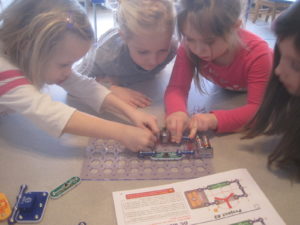
It is not an exaggeration to say that young children are born scientists. They seem to be hardwired from birth to explore their environment, and do so without any prompting from the adults around them. Young children experience their world through their senses, using them to experiment with different materials throughout the classroom. Even very young children can make observations and predictions, carry out simple experiments, evaluate the results and begin to make sense of what they have found. A play-based curriculum provides children with the opportunity to capitalize on their natural curiosity by allowing them to investigate, explore, and question independently.
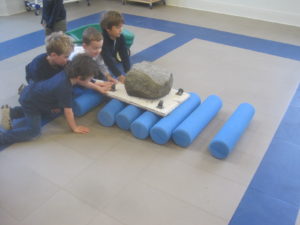
In the past, children were thought of as empty vessels waiting around to be filled with information, facts and figures. However, research reminds us again and again that young children learn best through participation in authentic experiences that allow them to construct their own knowledge. The role of a good STEM classroom is to support children by providing an environment that stimulates them to explore, investigate, observe, create and wonder.
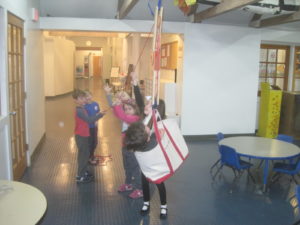
Accordingly, a good STEM teacher is one who resists directly answering children’s questions. Instead, teachers can encourage children by asking purposeful questions and supporting their efforts to learn something or solve a problem for themselves. The idea is to foster the development of the tools necessary for children to be able to learn things on their own.
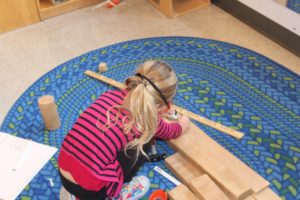
Teachers will often set up “provocations,” which are open-ended opportunities for children to interact with a specially selected set of materials. Children are able to work with the materials independently and experience them at their own pace and developmental level. Left to their own devices, children will inevitably form hypotheses that are tested through informal experiments they conduct on their own. They then revise and retest their hypotheses until a truth is discovered. This demonstrates the natural inclination of children to employ the scientific method in order to solve a problem or overcome an obstacle.
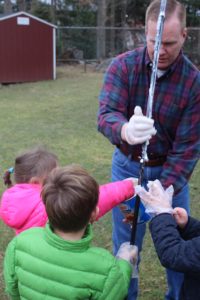
Sometimes provocations are set up to spark an interest in the classroom, while other times they are initiated in support of an interest. Teachers in a STEM classroom keep a sharp eye out for the interests that arise from the children and their play. These interests can lead to a theme of study that may even develop into a long-term project. Teachers seize upon an interest that emerges from the children and try to develop a curriculum around that interest that integrates the different subject matters (science, math, language arts, art, etc.) in a developmentally appropriate manner. We know that young children don’t separate their learning into different content areas; they integrate their learning naturally as they explore topics or themes that appeal to them. Since the lessons and experiences are wrapped around a topic that excites them, children are more likely to reap the benefits that come from integrating different subject matters in this fashion.
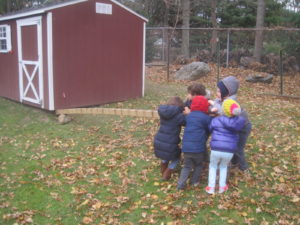
Over the years we have explored all kinds of topics and areas of interest with the children. They are a curious lot and there is no telling what may peak their interest from one day to the next. Ultimately it makes little difference though, since the topic is merely a means to an end. It becomes the vehicle through which we integrate experiences related to art, math, science, language arts, and gross/fine motor skills. It is through these authentic hands-on experiences that children develop the confidence to think creatively, investigate independently and make their own discoveries.


